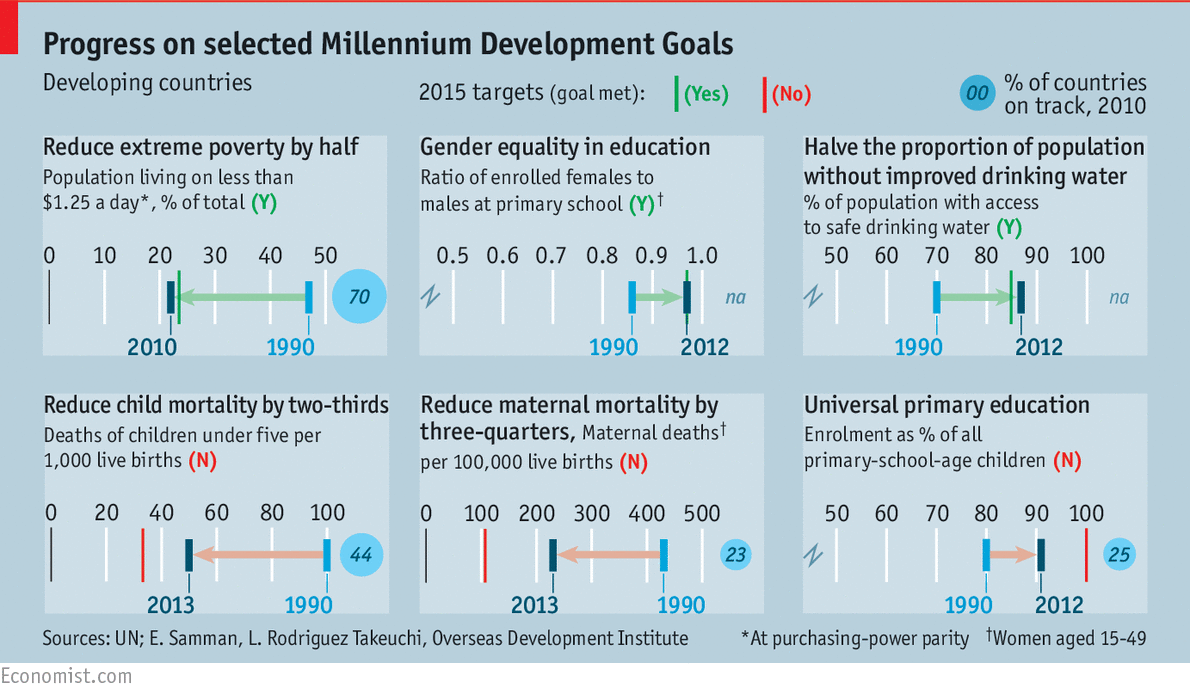You Might Have Missed: Yemen, Islamic State, and MDGs

More on:
Lt. Gen. Ellen M. Pawlikowski and Lt. Gen. James M. Holmes, “Presentation to the House Armed Services Committee Subcommittee on Tactical Air and Land Forces, House of Representatives,” U.S. Department of the Air Force, March 26, 2015, p. 16.
All three mission areas (Stand-Off, Direct Attack, and Penetrator munitions) in the Air-to-Surface munitions inventory are short of inventory objectives. Joint Air-to-Surface Standoff Missile (JASSM) and SDB weapons along with Low Observable platforms are force multipliers in a highly contested environment and their shortage could increase friendly force attrition driving a much higher level of effort enabling the attack of other critical targets. The shortage of penetrator weapons will result in some inability to target adversary critical capabilities and increase risk. Combat operations and support for our coalition partners in Iraq and Syria are reducing the direct attack munitions (JDAM) inventories faster than we are procuring them. These combat operations are expected to continue long term (3+ years). Combat expenditures have been replaced using OCO funding; however replenishment takes over three years. Direct attack munition shortages drive the use of non-preferred munitions with decreased effectiveness and resulting in increased time and Air Force attrition to accomplish COCOM objectives.
(3PA: This is what is called a “tell” in poker. U.S. officials have refused to estimate the length of the airwar against IS, while the Pentagon is expecting it to last over three years.)
“Fiscal Year 2016 Defense Authorization Request,” Senate Armed Services Committee, March 26, 2015.
Sen. Joe Manchin (D-WV): When we give all this equipment to Yemen, and then we see it falling apart, do we not have any way to retrieve that?
Gen. Lloyd Austin, Commander, U.S. Central Command: Certainly in the case like Yemen, sir, we don’t have the ability to go back in and retrieve it...once we’ve provided the weapons to them, sir.
Manchin: It’s theirs.
Austin: Yes, sir....
Manchin: How can you assure me that Syria, whoever we support in Syria, that won’t fall in the wrong hands.
Austin: There’s no way to absolutely assure you that that won’t happen.
(3PA: Craig Whitlock reported that an estimated $500 million in defense weapons and equipment provided to Yemen had either been destroyed or gone missing.)
“Assessing Development Goals: The Good, the Bad and the Hideous,” The Economist, March 28, 2015.

“ISIS Poll,” CNN/ORC International, March 13-15, 2015.

Dion Nissenbaum, “U.S. Confirms Military Withdrawal From Yemen,” Wall Street Journal, March 22, 2015.
But the defense official said the U.S. still has some ability to carry out strikes in Yemen as part of its counterterrorism program, which mainly targets militants using strikes by unmanned drones based in the region. “We still, of course, retain the capability to do unilateral counterterrorism strikes anywhere in the world,” the official said.
Office of the Director of National Intelligence, Intelligence Community Directive 203: Analytic Standards, January 2, 2015, p.3.

Jim Michaels, “U.S. General: Taliban Beaten in Helmand Province,” USA Today, January 12, 2010.
U.S. forces have driven the Taliban from most towns and villages in the strategic Helmand province of Afghanistan, leaving incoming troops with the mission of holding key areas and rebuilding the economy, Marine commanders say. "They’ve taken on the Taliban, the insurgency, right in the heartland and they’ve defeated them," said Marine Maj. Gen. Richard Mills in an interview with USA TODAY.
(3PA: The Taliban’s defeat has been announced by U.S. officials many times. Most notably, President Bush declared in September 2005: "As a result of the United States military, Taliban no longer is in existence. And the people of Afghanistan are now free.")
More on:
 Online Store
Online Store